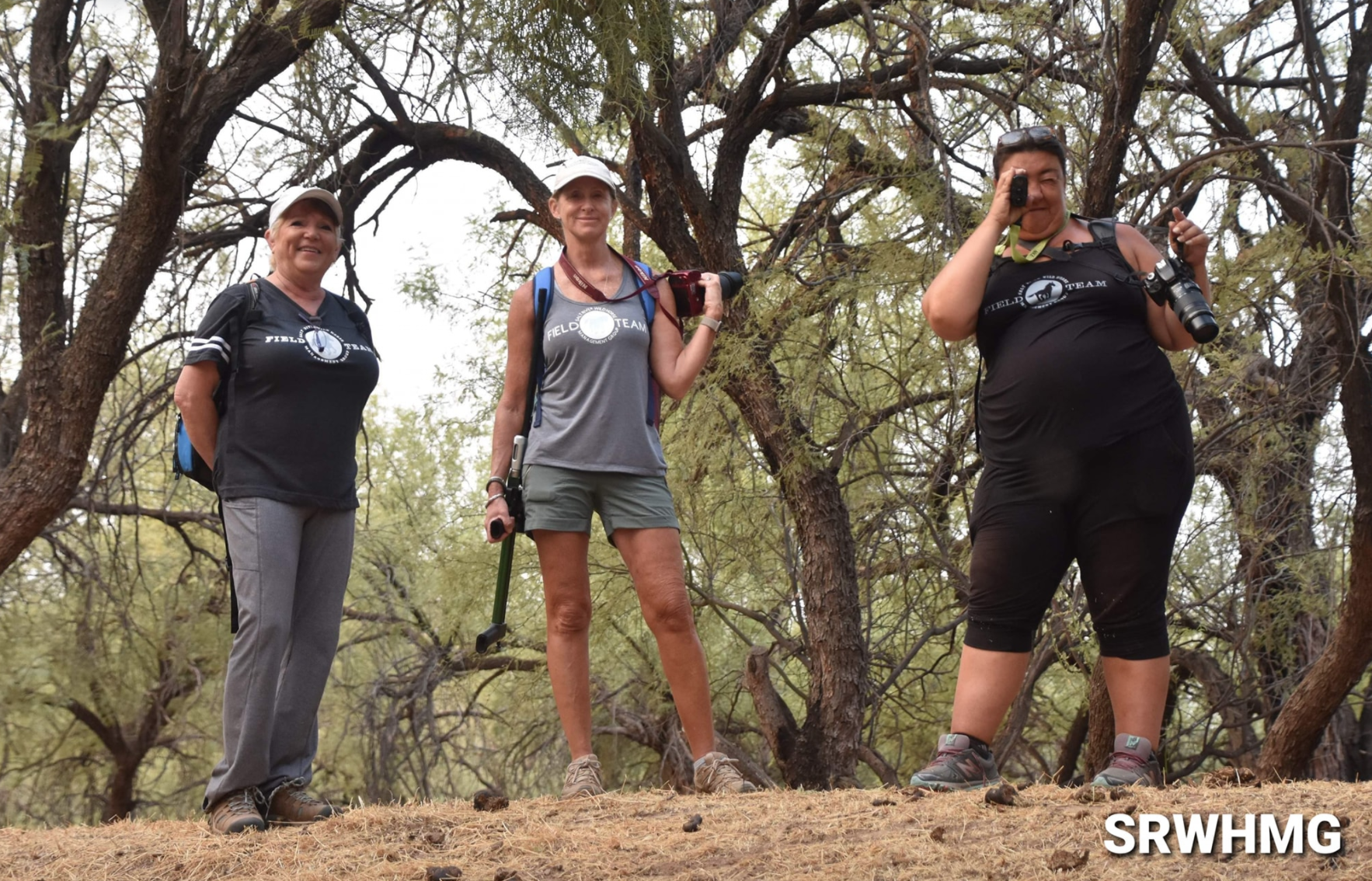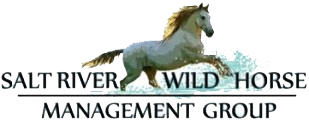
Aim to be humane.
October 22nd

Aim to be humane.
In all of our proposals and presentations, we predicted that our first year of fertility control would yield between 15 and 20 foals for 2020 and between 5 and 10 foals for 2021. (Compare to over 100 foals born last year)
We were right on the money, because we have exactly 15 foals right now and we are not expecting any more this year.
Why is this so important?
Even now, there are organizations who would still like to see more than a hundred Salt River wild horses removed from their habitat. Most people are unaware that the bill to protect the horses from harassment, does not actually protect them from removals.
As you know, we have always advocated for no removals, but the population of Salt River wild horses has admittedly grown a lot over the past 5 years.
But removing horses brings many problems with it, like the cost and logistics of removal, the problem of where to place them and the cost of feeding them for the rest of their lives. The removal itself brings confusion of the herd, compensatory reproduction, as well as genetic issues.
All those technical problems aside, the public would have the biggest problem with removing any Salt River wild horses. This community is attached to each family band on the river and does not want to see them separated, or treated cruelly, like so many other herds across the country.
So we’ve always promised that we would bring better solutions that would be a win-win for everyone. We promised that we could reduce the population in a better, more humane way and without cost to the government.
PZP of course has a proven track record, but there’s nothing like actually proving it. Anyone can come see that the Salt River wild horses had very few babies this year. Some members of the public even complained that they did not have enough cute babies to photograph.
We apologize for that, because indeed the foals bring much joy to visitors. However our program is necessary, because an unborn horse is a horse that doesn’t suffer.
Fewer foals born means a more sustainable population. The foals not born this year, won’t be having any foals in a few years and those foals won’t be having any foals, etc etc, so we are preventing many more than just this foal crop. We’ve effectively stabilized the population in the very first year of results, exactly 2 years after the start of our program.
The pleasant side effect is that the mares are visibly healthier this year, it is giving them a break from the constant strain on their bodies and PZP does not affect their natural behavior; the family bands are still together and acting the same as they always did.
By next year the natural death rate will start to exceed the low birthrate. This means a gradual reduction of the total herd population. It is this, that will afford the Salt River wild horses their freedom in perpetuity.
This humane management program is possible because of novel working relationships between our organization (SRWHMG), the Arizona department of Agriculture (AZDA) and the US Forest Service. We are very grateful for their patience and faith in our promises.
We are right on track to deliver on our predictions for next year. This month is one of our busiest, with over 65 mares up for their boosters on our schedule. So when you see one of our darting teams out there, please encourage them, and thank them for their time, which is completely unpaid.
Please join us in this important mission, so that every wild horse born on the river, can live out its life in peace on the river.
To donate towards our PZP program, please visit our website www.srwhmg.org
